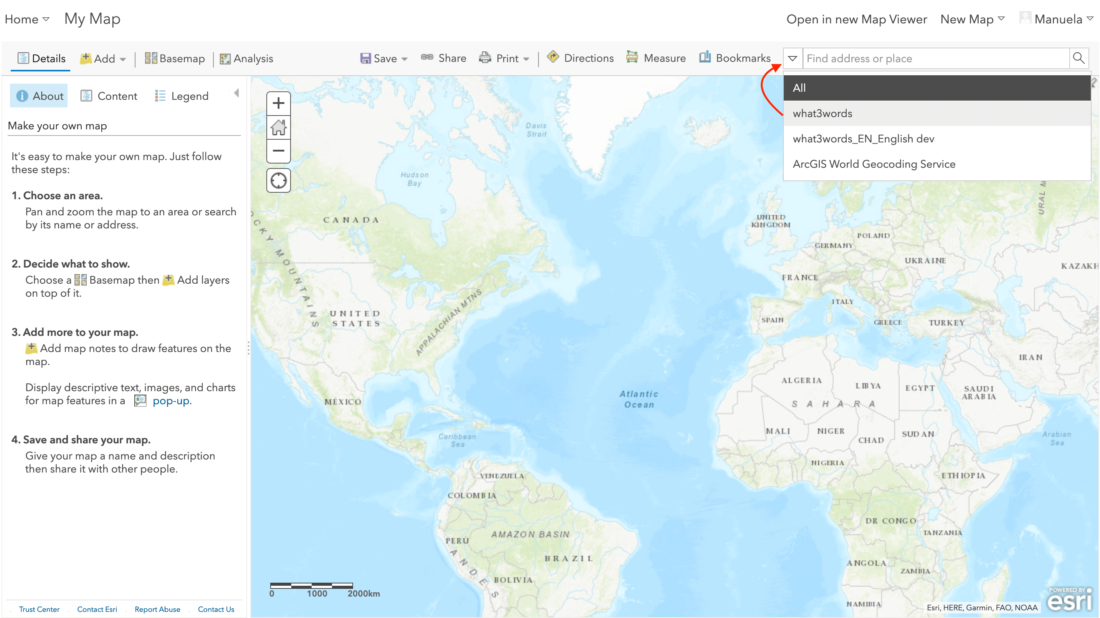
When you create an app from this template, you must provide a title to create an app. To learn more and see examples of Map Viewer apps, see this story. Users to search and view either a single map or a gallery of

Select the join operation type, and specify a name for Result layer name.For Select the type(s) of joins, click Choose the fields to match, and select the Global ID and GUID fields.For Choose layer to join to target layer, select the related table.In the Join Features pane, select the feature layer for Choose target layer.In ArcGIS Online Map Viewer, click the Analysis tab, and navigate to Summarize Data > Join Features.Open the hosted feature layer in ArcGIS Online Map Viewer, and join the related table with the feature layer.Refer to ArcMap: Publish a map service from ArcMap for steps to do this. Publish the feature class and the related table to ArcGIS Online as a hosted feature layer.Refer to How To: Set up related tables for use in ArcGIS Collector for steps to do this. In ArcCatalog, create a relationship class between the feature class and the table based on the Global ID and GUID fields.This article provides the workflow to create a relationship class between the feature class and related table in ArcCatalog before publishing to ArcGIS Online, and to symbolize the published hosted feature layer based on the related table values. While there is no direct function to perform this in ArcGIS Online, it is possible to join the related table with the feature layer attribute table, and symbolize the layer based on the joined values. In some instances, it is necessary to change the style based on the values from a related table. How To: Symbolize hosted feature layers using related table values in ArcGIS Online Map Viewer SummaryĪrcGIS Online Map Viewer allows symbolizing hosted feature layers based on attribute values using Change Style to display data in the desired presentation style.


 0 kommentar(er)
0 kommentar(er)
